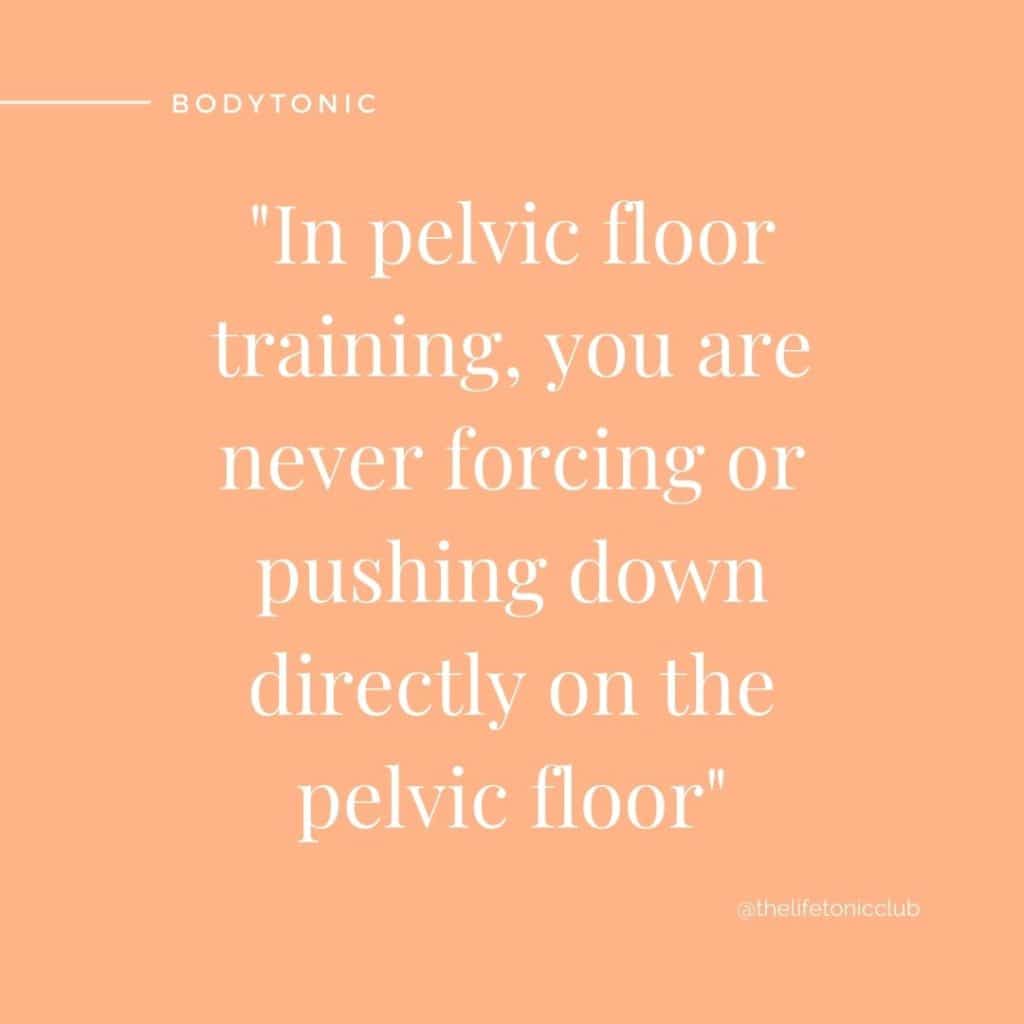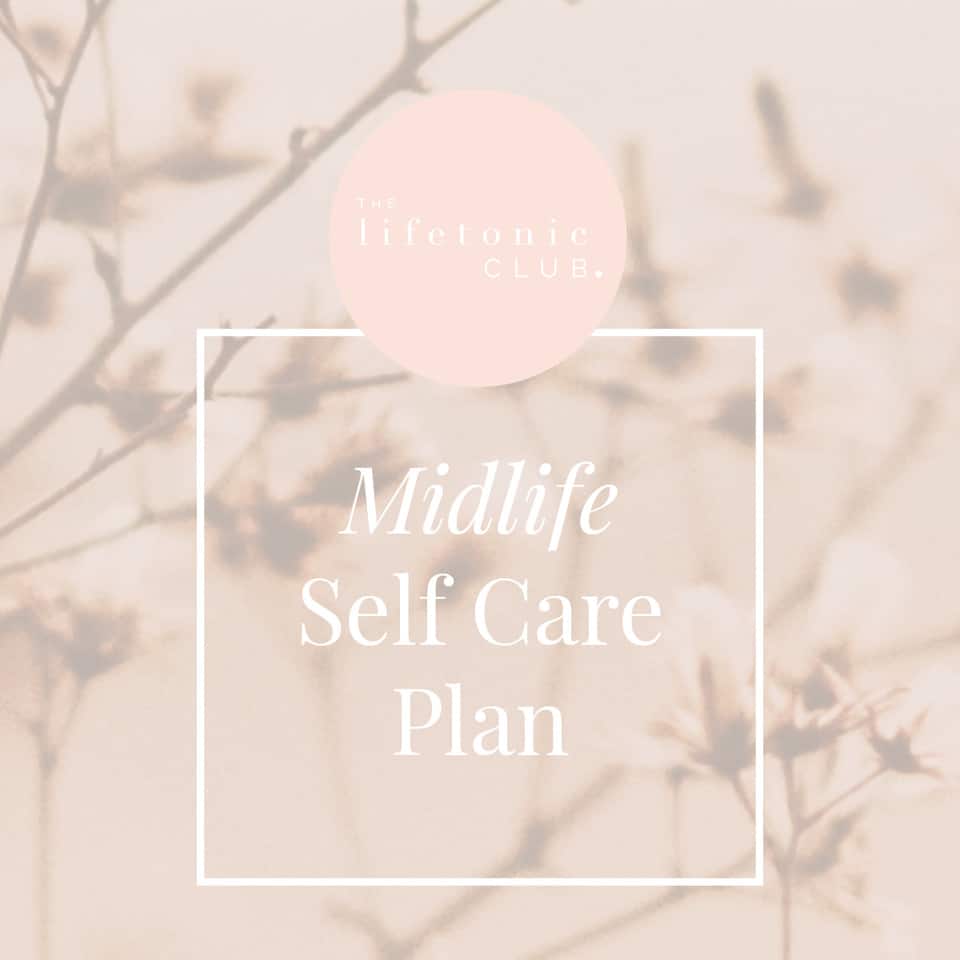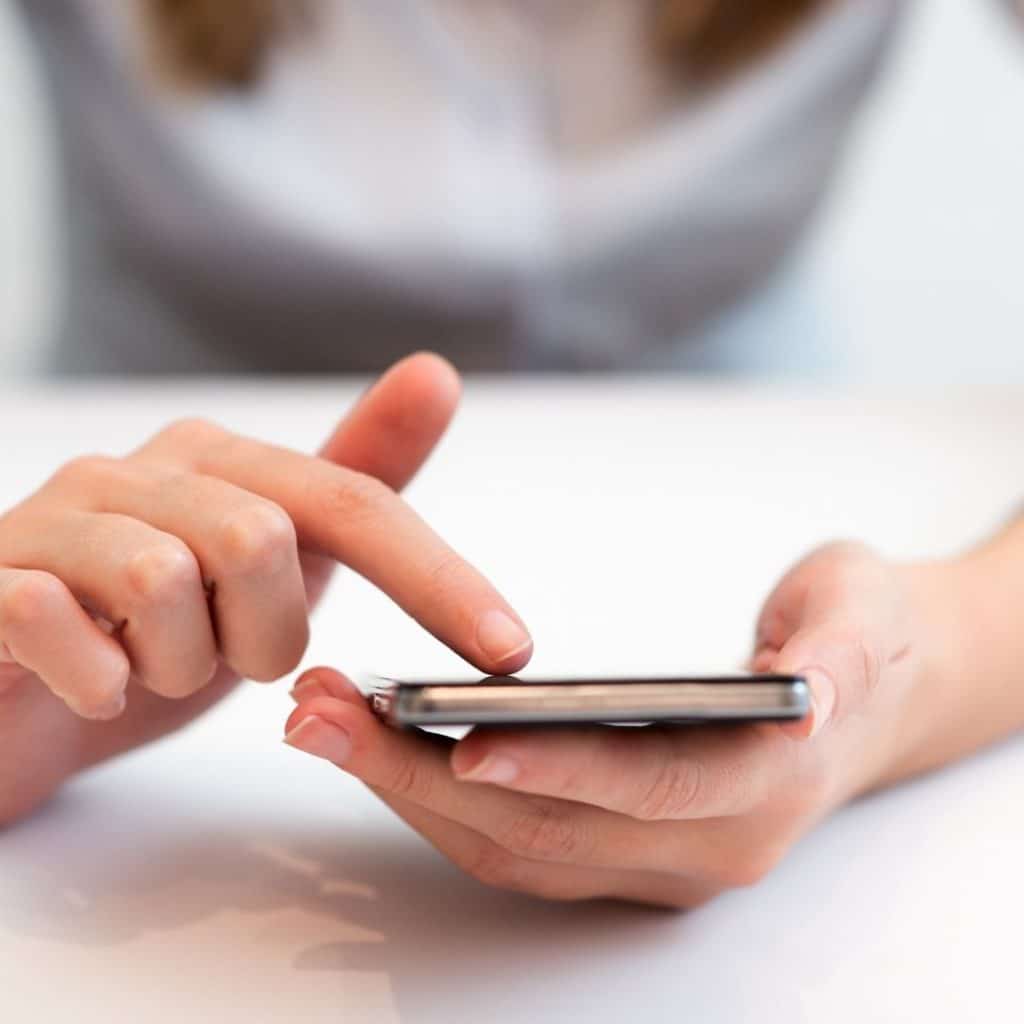
In midlife pelvic floor work always seems to be about strengthening the pelvic floor and in fact, I’ve worked with some woman who have actually been afraid to do any release work for fear that it’s going to somehow increase leakage etc.
So off the back of a focused month of pelvic floor education for our members, let me explain why release work is just as important as the strength stuff and why you never have to worry about anything ‘falling out.’
The pelvic floor, is subject to a number of hormonal changes throughout the course of woman’s life – the two most notable periods being pregnancy and menopause.
That said, it’s a complete myth that pelvic floor work is only relevant if you’ve had a baby or because you’ve reached menopause; the pelvic floor muscles form part of you core muscle group, working in harmony with your diaphragm (breathing muscle) and you should be training them in all stages of your life regardless of whether you’re pre / postnatal or menopausal.
Releasing your pelvic floor muscles is an important part of control work and whether your pelvic floor is more hypertonic or relaxed, you should still incorporate some release work.
This is to help make sure that any negative tension held in the muscles is truly released before you start to contract them for strength work.
This ultimately means you will pick up more of the muscle fibres of the pelvic floor, which means you’re training them much more optimally and much more functionally.
What I can’t stress enough when you’re doing pelvic floor work is the DIRECTION for releasing and contracting work.
To release your pelvic floor, you should be thinking about a gentle unzipping of the muscles from the front of the vagina (think pubic bone), underneath you towards the back passage.
On an isolated contraction, you are drawing the muscles together from the back passage, towards the front of the vagina and then slowly working to gently draw the muscles up inside.

This is really important to realise; the directional work is key when you’re training your pelvic floor muscles; if you are just pulling up and pushing down on the pelvic floor, you are going to stretch that muscle group in the wrong way and that’s when you can get into trouble!
Other than that, don’t be afraid to do the release work – it’s an important part of maintaining a healthy pelvic floor.
Not only that, if you are someone who often feels particularly tense or stressed, then you’re probably a shallow breather and that means you can be holding tension in your pelvic floor muscles because of the unique way the pelvic floor connects with your diaphragm. And as releasing work is supported through your breath, it can be a very effective way to help you relax and release tension, not just from your pelvic floor muscles, but everywhere else too.
We looked a 4 exercises for developing control of the pelvic floor muscles through release, strength and toning work in our May Lifetonic. It’s an aspect of pilates I absolutely love teaching and developed my knowledge through becoming qualified in pre and postnatal pilates as part of my journey to become a Level 4 qualified movement teacher.
In 2021 I went on to train with specialist stoma care nurses through their ConvaTec Nurse Education Programme – this was a very kind invite from a clinical pilates teacher and core rehabilitation specialist who runs this course for them and who was a great support to me when my mum underwent two life saving surgery for colorectal cancer last year.
Mum’s surgery left her with abdominal weakness, loss of sensation in her pelvic floor and low back pain. I used this training to specifically help rehab her (she was given zero direction on what to do after her operations and no post surgery physiotherapy).
That’s just a little background on my pelvic floor education / CPD work and why I’m so passionate about helping woman maintain their health.
Back to you, are you afraid to do any release work when it comes to your pelvic floor?
Leave me a comment on this post over on Instagram and let me know if I can help you.
Sending TLC to wherever you are reading from.

Struggling to define self care for yourself at midlife?
Then download my FREE Midlife Self Care Plan that will help you think about the things that truly matter for your health at midlife.

